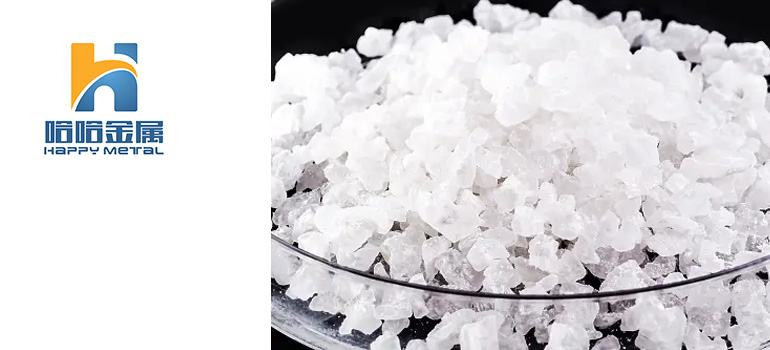Summary:
The Function and Application of Ammonia sulphate
The properties and mechanism of action of ammonium phosphate
The application of ammonium phosphate in different fields
Nutrition is crucial in modern agriculture and plant growth processes. Ammonia phosphate, as a key nutritional component, not only has a significant impact on plant growth and development, but also plays an important role in multiple fields. This article will delve into the properties, mechanism of action, and applications of ammonium phosphate in agriculture, industry, and other fields.
The properties and mechanism of action of ammonium phosphate

Ammoniophosphate is a compound containing nitrogen and phosphorus elements, commonly found in fertilizers and nutritional supplements. Nitrogen is one of the key elements for plant growth, which can promote the growth of leaves and stems, while phosphorus plays an important role in the formation of roots, flowers, and fruits. The role of ammonium phosphate in plant growth is mainly reflected in the following aspects:
Promoting plant growth: The nitrogen element in ammonium phosphate can promote the synthesis of chlorophyll, thereby improving the photosynthetic efficiency of plants, enhancing the greenness and growth rate of leaves. Phosphorus contributes to the development of roots and water absorption, thereby affecting the overall growth of plants.
Improving yield and quality: An appropriate supply of ammonium phosphate can increase crop yield and improve its quality. Nitrogen can promote flower bud differentiation in plants, while phosphorus plays a crucial role in fruit formation and quality improvement.
Improved stress resistance: Ammoniophosphates help enhance the plant’s stress resistance, enabling it to better cope with external pressures such as environmental changes and pests.
The application of ammonium phosphate in different fields
Agriculture: Ammoniophosphates are widely used as fertilizers in agriculture, providing essential nitrogen and phosphorus elements for plants. By adjusting the nitrogen and phosphorus content in different proportions, the growth needs of different crops can be met, and the yield and quality can be optimized. In addition, ammonium phosphate can also be applied through drip irrigation, spray and other ways to reduce nutrient waste and improve utilization efficiency.
Industrial applications: In addition to agriculture, ammonium phosphate also has important applications in the industrial field. It is used as a flame retardant and can be added to materials such as plastics and textiles to improve their flame retardancy and reduce fire risk. In addition, in metal surface treatment, ammonium phosphate can also provide a protective coating, extending the service life of the material.
Ammonium phosphate, as an important compound containing nitrogen and phosphorus elements, plays a crucial role in plant growth, agriculture, and industrial fields. It not only promotes the growth and development of plants, but also improves the yield and quality of crops.
At the same time, it has important applications in industry for flame retardancy and protection. Understanding the properties and mechanism of action of ammonia phosphate will help to better utilize this important nutritional component and promote sustainable development of agriculture and industry.




